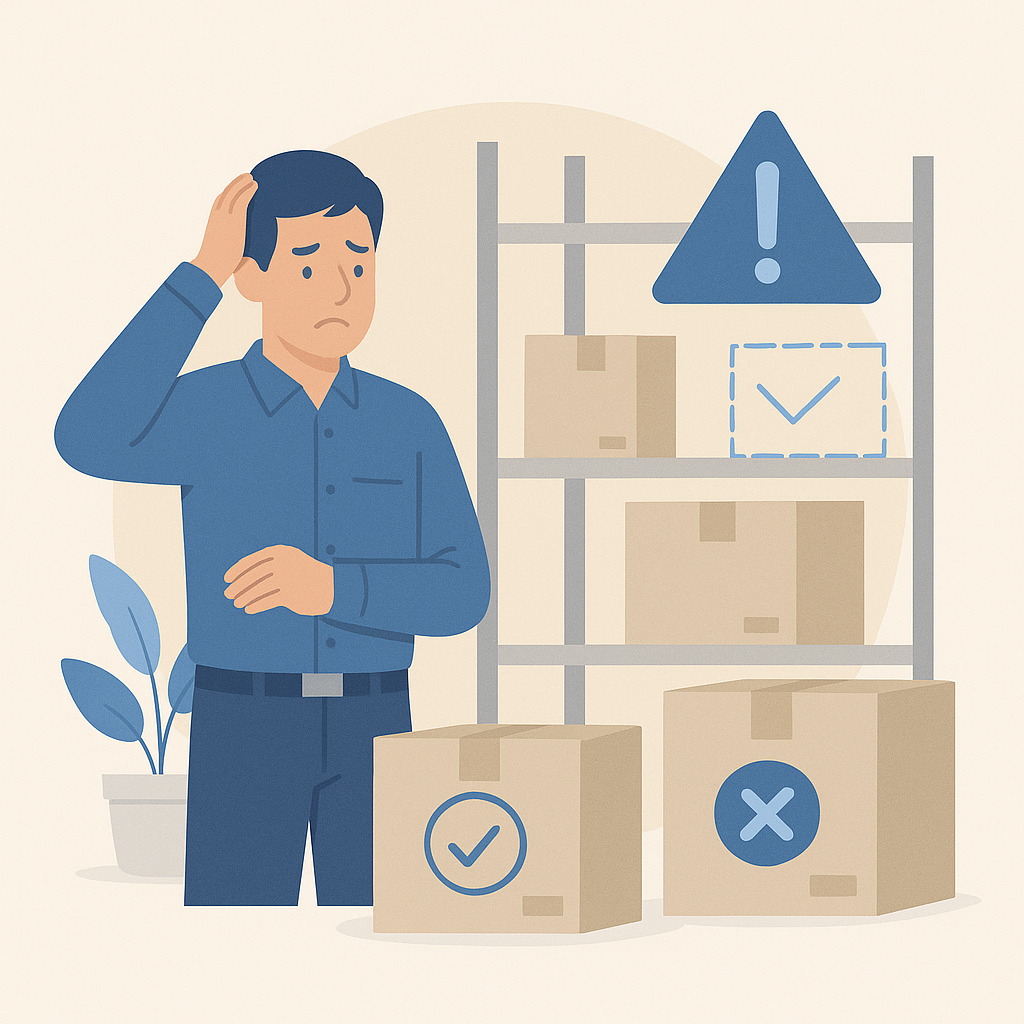In today’s fast-paced business environment, efficiency and agility are key to staying competitive. The right business management tools can streamline operations, improve productivity, and enhance decision-making. However, as your business grows and evolves, the tools that once served you well may no longer meet your needs.
If you’re unsure whether it’s time for an upgrade, here are five telltale signs that your current business management tools are holding you back—and why you should consider investing in better solutions.
1. Your Team is Wasting Time on Manual Tasks
The Problem:
If your employees spend excessive time on repetitive, manual tasks—such as data entry, generating reports, or reconciling spreadsheets—your current tools are likely outdated. Manual processes are not only time-consuming but also prone to human error, leading to inefficiencies and mistakes that can impact your bottom line.
Why It’s a Problem:
- Decreased Productivity: Employees could be focusing on high-value tasks instead of administrative work.
- Higher Operational Costs: More time spent on manual work means higher labor costs.
- Increased Errors: Manual data handling increases the risk of inaccuracies.
The Solution:
Modern business management tools offer automation features that eliminate repetitive tasks. For example:
- Accounting Software (e.g., QuickBooks, Xero) automates invoicing and expense tracking.
- CRM Systems (e.g., Salesforce, HubSpot) automate customer follow-ups and lead management.
- Project Management Tools (e.g., Asana, Trello) streamline task assignments and progress tracking.
If your team is bogged down by manual work, it’s time to upgrade to a system that automates these processes.
2. Lack of Real-Time Data and Reporting
The Problem:
In today’s data-driven world, making decisions based on outdated or incomplete information can be disastrous. If your current tools don’t provide real-time insights or require hours of manual data compilation, you’re operating in the dark.
Why It’s a Problem:
- Slow Decision-Making: Delayed reports mean missed opportunities.
- Inaccurate Forecasting: Without real-time data, projections may be unreliable.
- Poor Strategic Planning: Leaders need up-to-date metrics to adjust strategies quickly.
The Solution:
Advanced business intelligence (BI) tools like Tableau, Power BI, or Zoho Analytics provide:
- Live Dashboards for instant performance tracking.
- Automated Reporting to eliminate manual data aggregation.
- Predictive Analytics to forecast trends and optimize operations.
If your current system doesn’t offer real-time insights, upgrading will give you a competitive edge.
3. Your Systems Don’t Integrate with Each Other
The Problem:
Many businesses use multiple tools for different functions—accounting, CRM, inventory, HR—but if these systems don’t communicate, you’re left with siloed data and inefficient workflows.
Why It’s a Problem:
- Data Discrepancies: Information may differ across platforms, leading to confusion.
- Inefficient Processes: Employees waste time switching between systems.
- Poor Customer Experience: Disconnected systems can lead to delays and errors in service.
The Solution:
Modern ERP (Enterprise Resource Planning) systems (e.g., SAP, Oracle NetSuite, Microsoft Dynamics) integrate all business functions into a single platform. Alternatively, integration tools like Zapier or MuleSoft can connect disparate applications.
If your team struggles with disconnected tools, upgrading to an integrated system will improve efficiency and data accuracy.
4. Scaling is Becoming a Challenge
The Problem:
If your business is growing but your tools can’t keep up—whether due to limited user licenses, slow performance, or lack of advanced features—you’re facing a scalability issue.
Why It’s a Problem:
- System Crashes: Increased workload may cause software to lag or fail.
- Limited Functionality: Basic tools may lack features needed for expansion (e.g., multi-location inventory tracking).
- High Customization Costs: Older systems may require expensive modifications to scale.
The Solution:
Cloud-based solutions (e.g., NetSuite, Shopify Plus, or BambooHR) offer:
- Flexible Scaling: Easily add users, locations, or features as needed.
- Lower IT Costs: No need for expensive on-premise hardware.
- Automatic Updates: Always have the latest features without manual upgrades.
If your current tools can’t support growth, it’s time to invest in scalable software.
5. Security and Compliance Risks Are Increasing
The Problem:
Older systems may lack robust security measures, putting your business at risk of data breaches, compliance violations, or cyberattacks.
Why It’s a Problem:
- Data Vulnerabilities: Outdated software may have unpatched security flaws.
- Regulatory Penalties: Non-compliance with GDPR, HIPAA, or industry standards can lead to fines.
- Loss of Customer Trust: A security breach can damage your reputation.
The Solution:
Modern business tools prioritize security with:
- Encryption & Multi-Factor Authentication (MFA)
- Regular Compliance Updates
- AI-Powered Threat Detection
If your current system lacks strong security, upgrading is non-negotiable.
Conclusion: Don’t Let Outdated Tools Hold You Back
Sticking with outdated business management tools can hinder productivity, slow growth, and expose your company to unnecessary risks. If you recognize any of these five signs—excessive manual work, lack of real-time data, poor integration, scalability issues, or security concerns—it’s time to upgrade.
Investing in modern, scalable, and secure business management software will improve efficiency, enhance decision-making, and position your company for long-term success. Don’t wait until inefficiencies cost you time, money, or customers—evaluate your tools today and make the switch if needed.
Next Steps:
- Audit your current tools. Identify pain points and inefficiencies.
- Research modern solutions. Look for automation, integration, and scalability.
- Plan a smooth transition. Train employees and migrate data carefully.
By upgrading your business management tools, you’ll empower your team, optimize operations, and drive sustainable growth.



